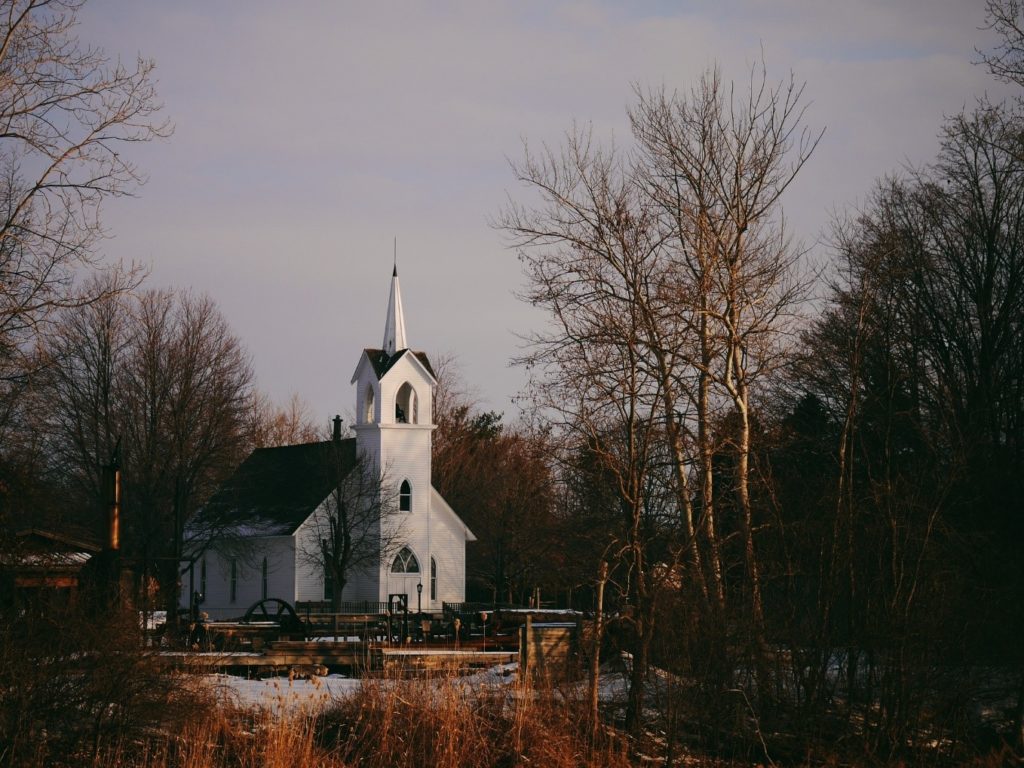GAFFNEY, SC – The closure, censure, and prohibition of churches, whether as congregations or as church buildings has become a regular theme in news from countries around the world. It is reasonable to expect the trend to continue and, eventually, to overflow into the home of the free and the brave.
This writer, having once been involved in municipal government, has believed for more than a decade that the assault of the freedom of assembly for religious purposes would not be fought in the street, but through the subtle creep of local ordinances.
The transformation of a nation, whether for good or evil, generally starts in communities – often relatively small ones – before replacing cultural or constitutional norms.
Missions Box News published a story on August 1, 2018, about the attempt of the Borough of Sewickley Heights, Pennsylvania, to shut down a home Bible study group that operated for several decades on private property.
Now, American Center for Law & Justice (ACLJ) is moving on behalf of two churches in Gaffney, South Carolina. The city in the heart of the upstate South Carolina Bible Belt has an ordinance that specifically bans religious organizations “from occupying commercial and storefront buildings in the Central Commercial zoning district.” The ordinance allows virtually any fraternal, political, or civic organization to meet within the district.
Two evangelical churches contacted the ACLJ and asked for their assistance to engage the City to have the ordinance rescinded. The ACLJ notified City officials in November 2018 that they were in violation of the United States Religious Land Use and Institutionalize Persons Act (RLUIPA).
The November letter said, in part, “We respectfully request that the City Council closely review the challenged provision of the zoning ordinance and take the necessary steps to ensure the ordinance is amended to remove the provision prohibiting religious organizations’ occupancy of commercial and storefront buildings in the CC district.”
Nonetheless, the City’s Planning Commission voted by a 3-2 margin to retain their ordinance as is.
According to the ACLJ website, a request for amendment of the ordinance will now escalate to the City Council when it next meets on February 4th. A team of ACLJ attorneys will attend the City Council meeting and are prepared to file a lawsuit in the event that the City Council upholds the illegal ordinance.
The RLUIPA prohibits federal, state, or local governments from imposing land use regulations “in a manner that treats a religious assembly or institution on less than equal terms with a nonreligious assembly or institution.”
The Congressional Record notes, in defense of the freedom of religion and in regard to the freedom of assembly that
Churches in general, and new, small, or unfamiliar churches in particular, are frequently discriminated against on the face of zoning codes and also in the highly individualized and discretionary processes of land use regulation. Zoning codes frequently exclude churches in places where they permit theatres, meeting halls, and other places where large groups of people assemble for secular purposes. Or the codes permit churches only with individualized permission from the zoning board, and zoning boards use that authority in discriminatory ways.
Missions Box will provide updates as they become available.
Sources:
- The Christian Post, SC city ordinance preventing churches from occupying new properties, worshiping: lawsuit
- ACLJ, City Planning Commission Doubles Down on Law Discriminating Against Churches – ACLJ Taking Action
- Government Publishing Office, The Religious Land Use and Institutionalized Persons Act of 2000
- The United States Department of Justice, Religious Land Use and Institutionalized Persons Act
- The Congressional Record, July 27, 2000, page S7774
